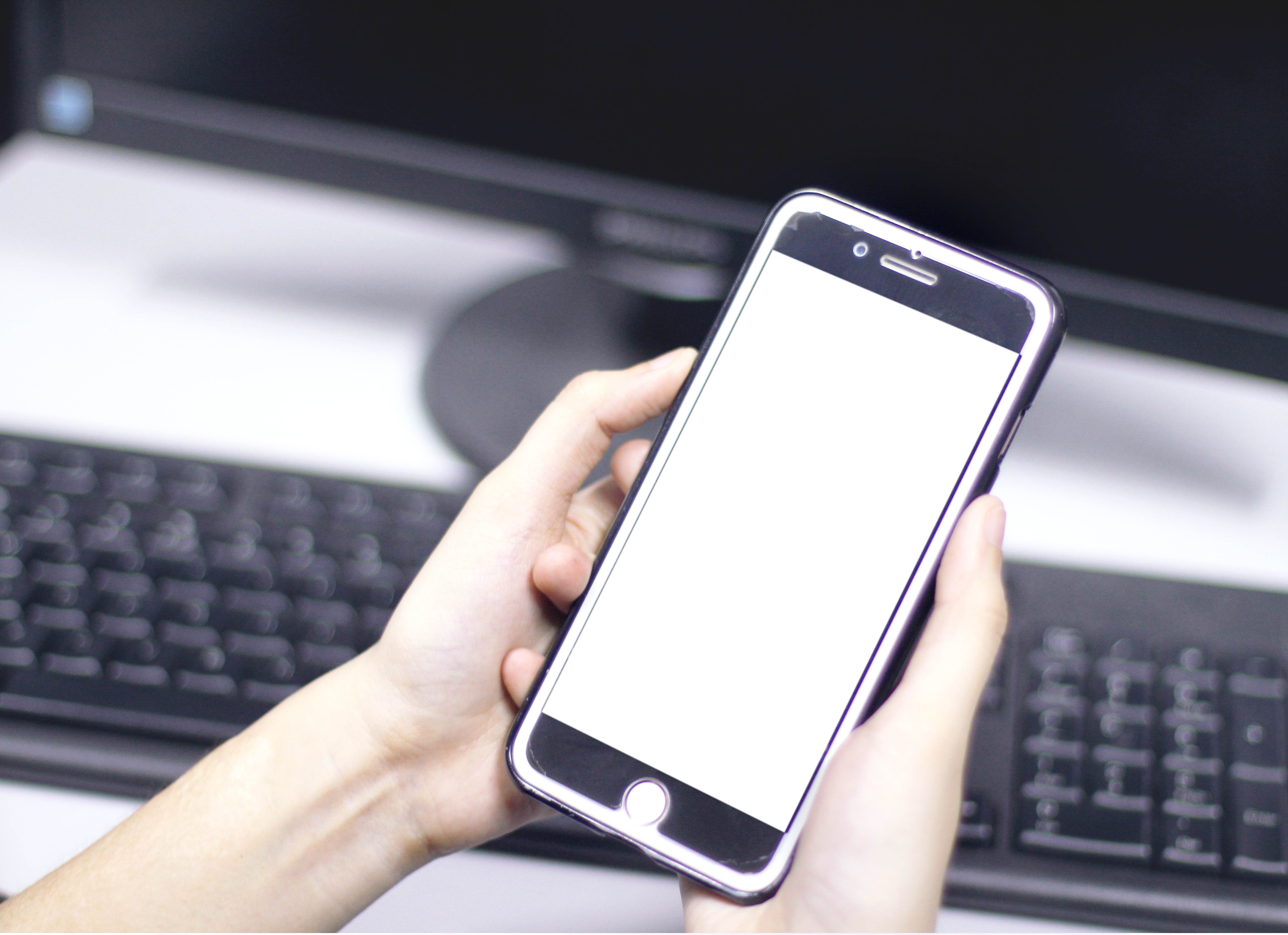
Smart Phones: Changing the Way We Work
Let us admit it. Some people often feel incomplete when they forget to bring with them that little smart handheld device, which, like the simple wave of a wand, could do a variety of things.
These days, mobile technology seem to be integrated into nearly every aspect of our day-to-day lives. From communicating with friends or family members, shopping, taking photos, booking a flight, to making payments, etc., we often rely on our “smart” device. The use and significance of smartphones in our lives are already apparent.
But its use is not just restricted to that. The importance and use of mobile phones from our personal lives are actually gradually converging into the workplace as well.
Prior to the emergence of smart phones, communicating in and out of the workplace can be seen as quite a challenge.